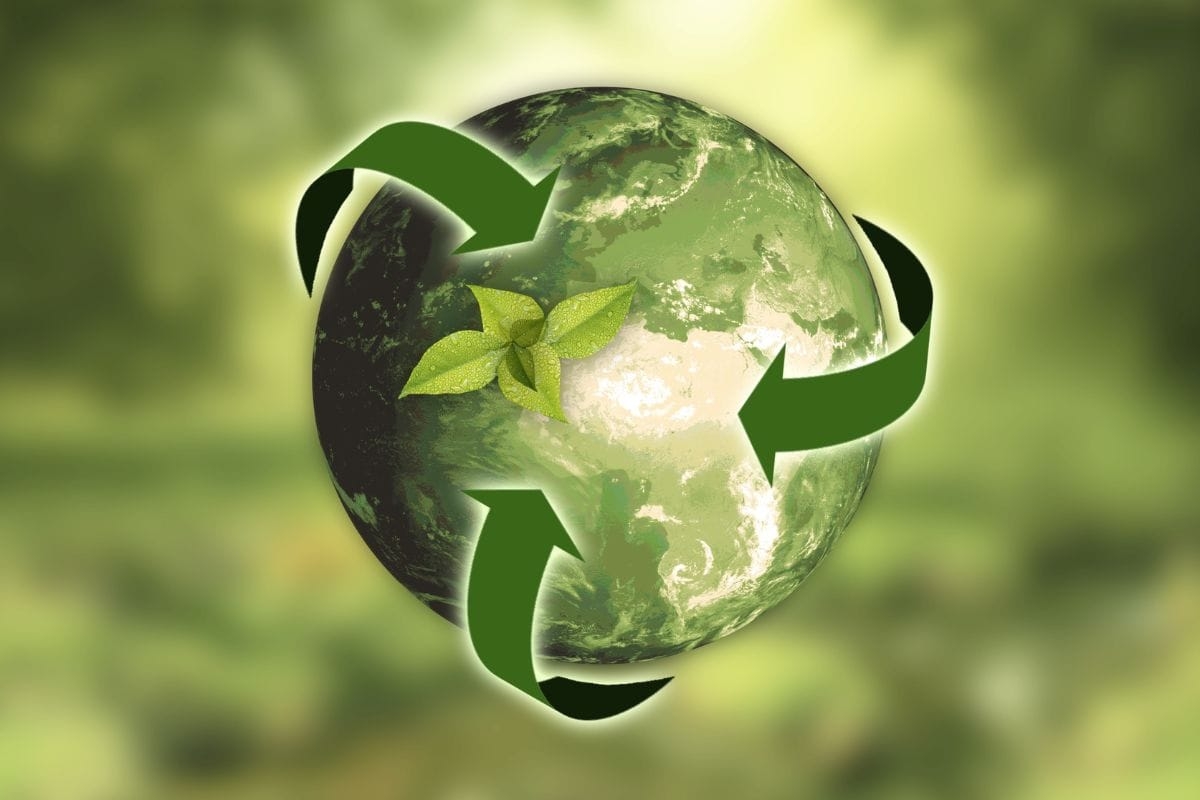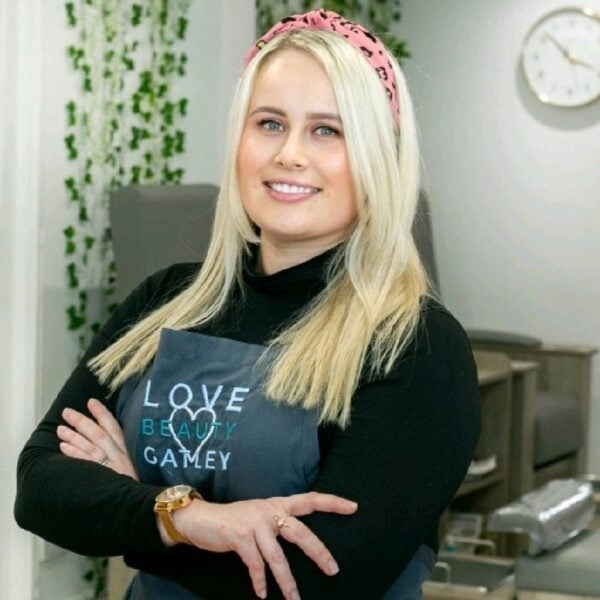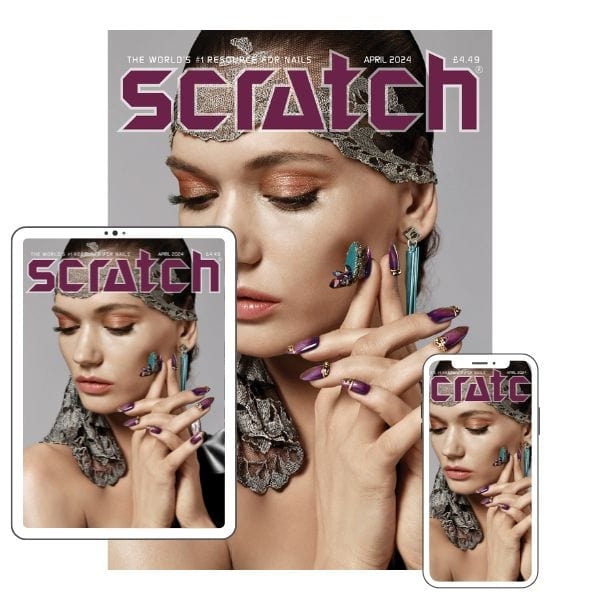
5 sustainable swaps to make in your nail salon
By Guest Writer | 21 April 2023 | Feature, Sustainability & the environment

It’s no secret that the beauty industry has a plastic problem, having been estimated to generate about 421,000 pounds of waste daily. With the emerging impact that waste is having on the world’s climate crisis, there’s no better time to start taking planet-friendly steps to reduce single-use plastic waste, shares the British Association of Beauty Therapy & Cosmetology (BABTAC).

Lesley Blair
CEO & chair of BABTAC & the Confederation of International Beauty Therapy and Cosmetology (CIBTAC), Lesley Blair MBE, comments: “The beauty industry in the UK makes a substantial contribution to the economy, but also needs to consider what it contributes to the waste and environmental crisis we’re facing.
“While we’re far from being one of the main waste culprits by comparison to other industries, this shouldn’t deter all beauty professionals from taking a personal responsibility for making sustainable changes – however big or small – to the way they work and committing to helping to protect our planet.”
If you are a salon owner or mobile therapist, there are lots of subtle but significant changes you can make – whether that’s offsetting your carbon, going plastic-free, or using exclusively cruelty-free and vegan products.
Making your business more sustainable could even open up an entirely new customer base, for those seeking environmentally friendly businesses in their area.
Here, BABTAC and its expert member, Katie Millington, owner of Love Beauty Gatley & The Refillery, share simple switch-ups that you, your business and staff can make, to be part of a wider change and help make a difference.

Katie Millington. Image courtesy of Linkedin.com
“Before starting to implement sustainable swaps, I’d advise conducting an eco-audit,” advises Katie. “Be realistic with the changes – if they fit to your budget and are easy to maintain, implement them as soon as possible. If you need more budget, put a plan in place as a more long-term goal.”
Transparency is key in a sustainability journey, so if you’re planning to stock brands that claim to be ‘green’, check their backstory – if you don’t, your clients likely will. It’s not just about ingredients; it’s also important to check packaging, the brand’s supply chain and people-focussed ethics, including how they treat their staff and the communities they work with. You will have to delve a little deeper to find eco alternatives and brands that share your ideals.
1. Ditch the disposables
And if you can’t, look at how much you’re using. “We were all taught to use tissue for processes that we really don’t need,” says Katie. “If you’re using tissue roll to provide a clean workspace for your tools, could this be replaced with a wipe clean tile or tray? Has it been sourced from a sustainable supplier?”
Lucart Eco Natural Couch Roll provides a sustainable alternative: it is made from recycled coffee cups and drinks cartons and is Forest Stewardship Council (FSC) certified.
2. Reduce your water
Make sure taps aren’t left on for longer than needed, and remind staff to wait until dishwashers or washing machines are full before using. Better still, hand wash and air dry!
Look at reducing water usage even further by eliminating the need for laundry, switching to an eco-friendly and biodegradable option, such as Scrummi Towels. Made from 100% soft and natural compostable wood fibres from certified sustainable sources, Scrummi waffle products compost within 8-12 weeks.
3. Go clean and green
Instead of using chemical-filled products in plastic bottles that can harm our oceans, use products like Ocean Saver Anti-Bac Refill Drops that dilute in water. Other eco-cleaning brands include Spruce, Everdrop, KINN and Ekologik. Or you can even make your own product by combining baking soda, vinegar and lemon juice for a great all-purpose solution.
4. Say no to plastic
For example, the HW Nail Systems range features a refill size for its Flexi B Builder Gel. Not only does this save plastic, but it offers convenience and great value. Everyday salon essential items such as cotton buds, brushes and spoolies can be sourced without plastic handles. Bamboo is a popular alternative, or LastSwab is a reusable cotton bud that can be sterilised in between clients.
5. Reduce, reuse, recycle
With so many components to beauty services, it’s important to have a good recycling system in place. Green Salon Collective offers a range of recycling services for all aspects of salon waste, from metals to typically non-recyclable plastics and PPE.

